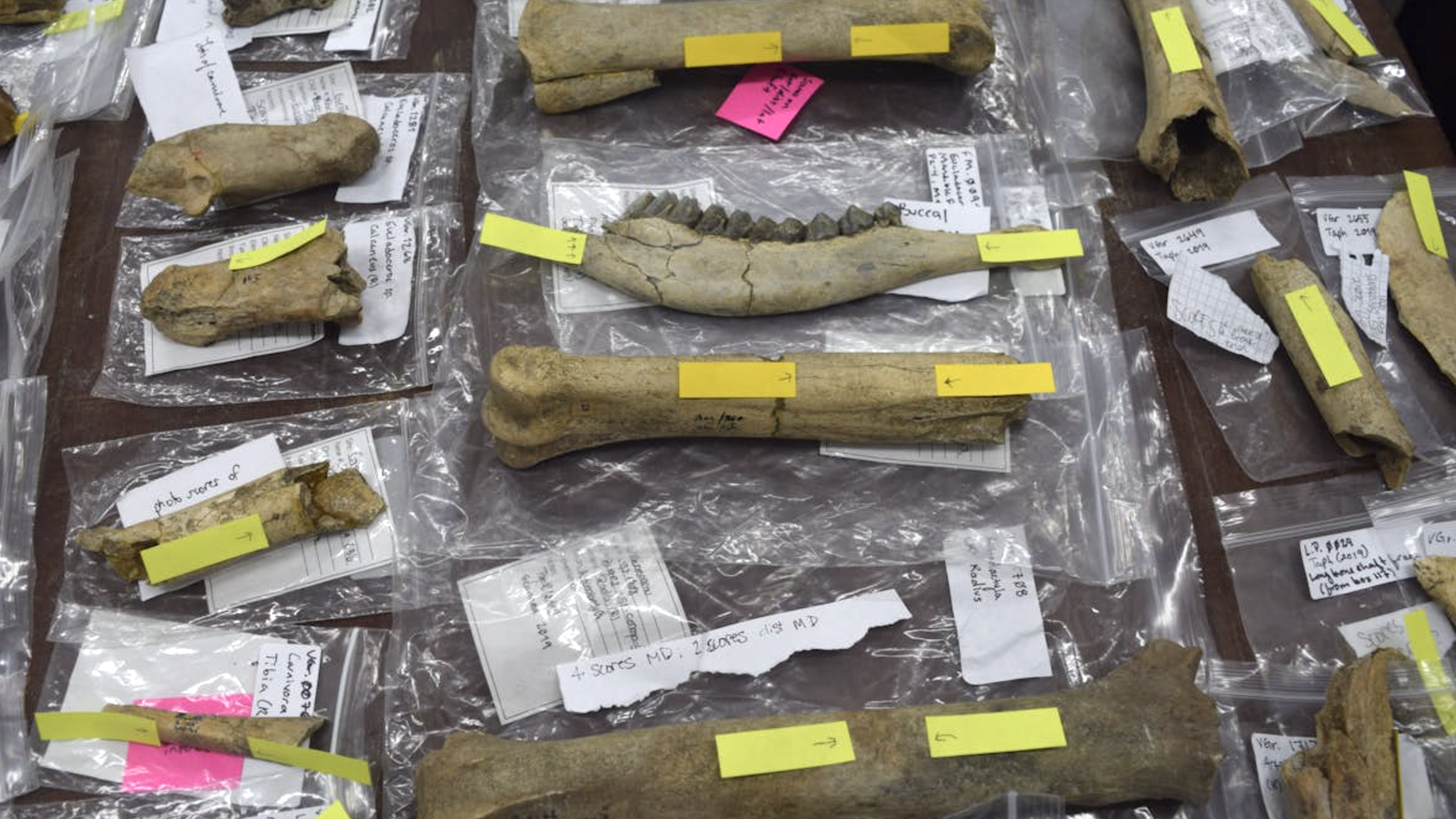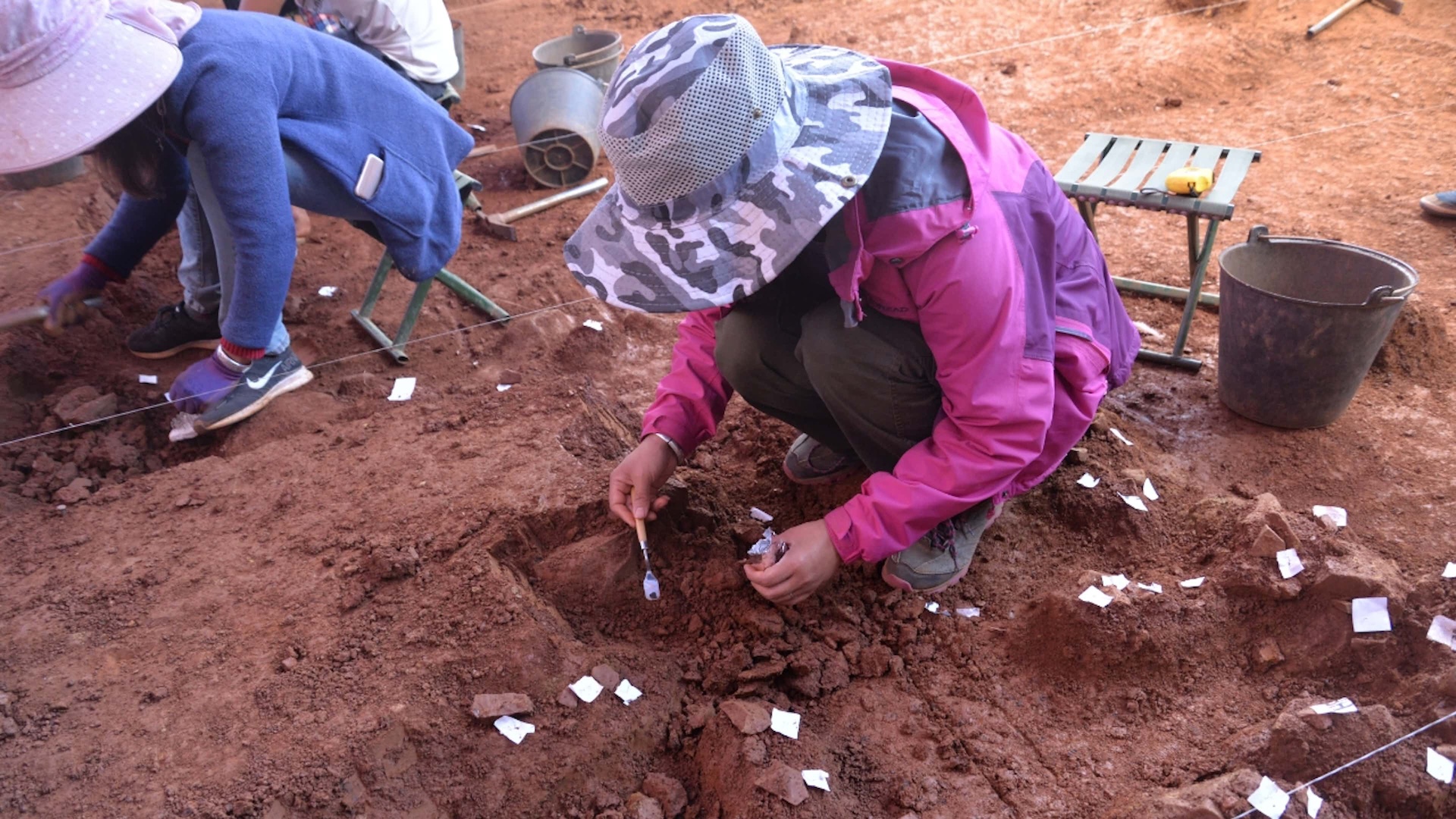
A Clear Signal Against the Use of Tar Sands

Frank Schwabe, Member of the German Parliament (Bundestag) with the Social Democratic Party, contributed this article to LiveScience's Expert Voices: Op-Ed & Insights.
I am happy to report that due to public and political climate concerns, Germany's largest and most prestigious scientific organization, the Helmholtz Association Research Centers, recently pulled out of a project focused on improving environmental and engineering performance in the Alberta tar sands.
This project, the Helmholtz-Alberta Initiative, was created in April 2011 with a five-year, $25-million commitment from the Alberta government ($24.6 million in U.S. dollars) in addition to other funding sources. Ultimately, the Helmholtz Association quit this research over fears that it was damaging the institution’s reputation. [NASA Climate Scientist Arrested in Pipeline Protest]
According to the Initiative website, the fundamental aim of this project was to provide independent expertise, innovative technologies and system solutions for environmentally friendly and energy-efficient deployment of globally relevant fossil- and renewable-energy resources.
Although the project appears to seek a sustainable approach, in my opinion, this is done only to make a deeply problematic, highly environmentally damaging business a little less problematic in order to justify strengthening and expanding the tar sands industry. Not surprisingly, and disappointingly, the official website of the project states: "… the oil sands reserves are needed to sustain world economies."
The cooperation between the Helmholtz Association and the University of Alberta may have actually been controversial from the start; there is a special sustainability agreement between the two sides, as well as an arrangement that establishes the conditions for any involvement of the German side in these research projects.
The Helmholtz Association participated with €6.25 million ($8 million in U.S. dollars) in financing the joint initiative. The German government did not finance the initiative directly; however, the Helmholtz organization as a whole is financed two-thirds from state funds. In February 2013, I submitted a list of questions to the German Federal Government to obtain more information about this project.
As oil production from tar sands is viewed very negatively in Germany, it is difficult to explain why such a research project for tar sands is funded with public monies – especially considering that the project is being undertaken in a country that has withdrawn from the Kyoto Protocol. Canada´s withdrawal from the Protocol in 2011 was perceived as an affront by the majority of Germans.
"We have had the experience that anything regarding oil sands has proven controversial with the public," a Helmholtz spokesman said to Der Tagesspiegel, a German newspaper. Climate change is a politically prominent issue in Germany, and this project has come under an increasing amount of pressure from both the public and politicians of the German Parliament.
Although the oil sands bitumen research focus of the Helmholtz-Alberta initiative has been dropped, other areas of focus, including research on how to better upgrade low-quality lignite coal, will continue.
This is not the first time that the Helmholtz Association has been scrutinized for their work in Alberta’s tar sands operations. In 2012, Germany’s Green Party filed a query with the German government asking why German taxpayers’ money was going into a project that contradicts Germany’s official climate policy agenda. The ambiguous and indirect response from the German government was that the project had just begun and that it was too soon to come to any substantial conclusions.
Canadian tar sands are also playing an important role in another debate. Currently in Brussels, there is a discussion about the proposal from the European Commission on the implementation of the Fuel Quality Directive. The aim of that directive is to reduce greenhouse gas emissions in the transportation sector by 6 percent by 2020, compared to 2010. The Commission's proposal classifies tar sands as much more climate-damaging than conventionally extracted oil. The directive's implementation would promote fuel sources that are less harmful to the environment.
The European Commission made the proposal for the Fuel Quality Directive in 2009 and it still has not been implemented. This is partly due to extensive lobbying by the Canadian government. According to the environmental group Friends of the Earth Europe, there were more than 100 lobbying events with Canadian representatives on this issue in the last two years.
Like other European Union countries, Germany has struggled to decide on this legislation. By fall 2013 at the latest, the European Environment Ministers will decide on the Fuel Quality Directive. At that time, Europe must send a clear signal against the use of tar sands. I sincerely hope that the European Commission, like the Helmholtz Association, will prioritize long-term environmental and economic preservation over the economic interests of a fossil fuel industry.
The views expressed are those of the author and do not necessarily reflect the views of the publisher.
Sign up for the Live Science daily newsletter now
Get the world’s most fascinating discoveries delivered straight to your inbox.










